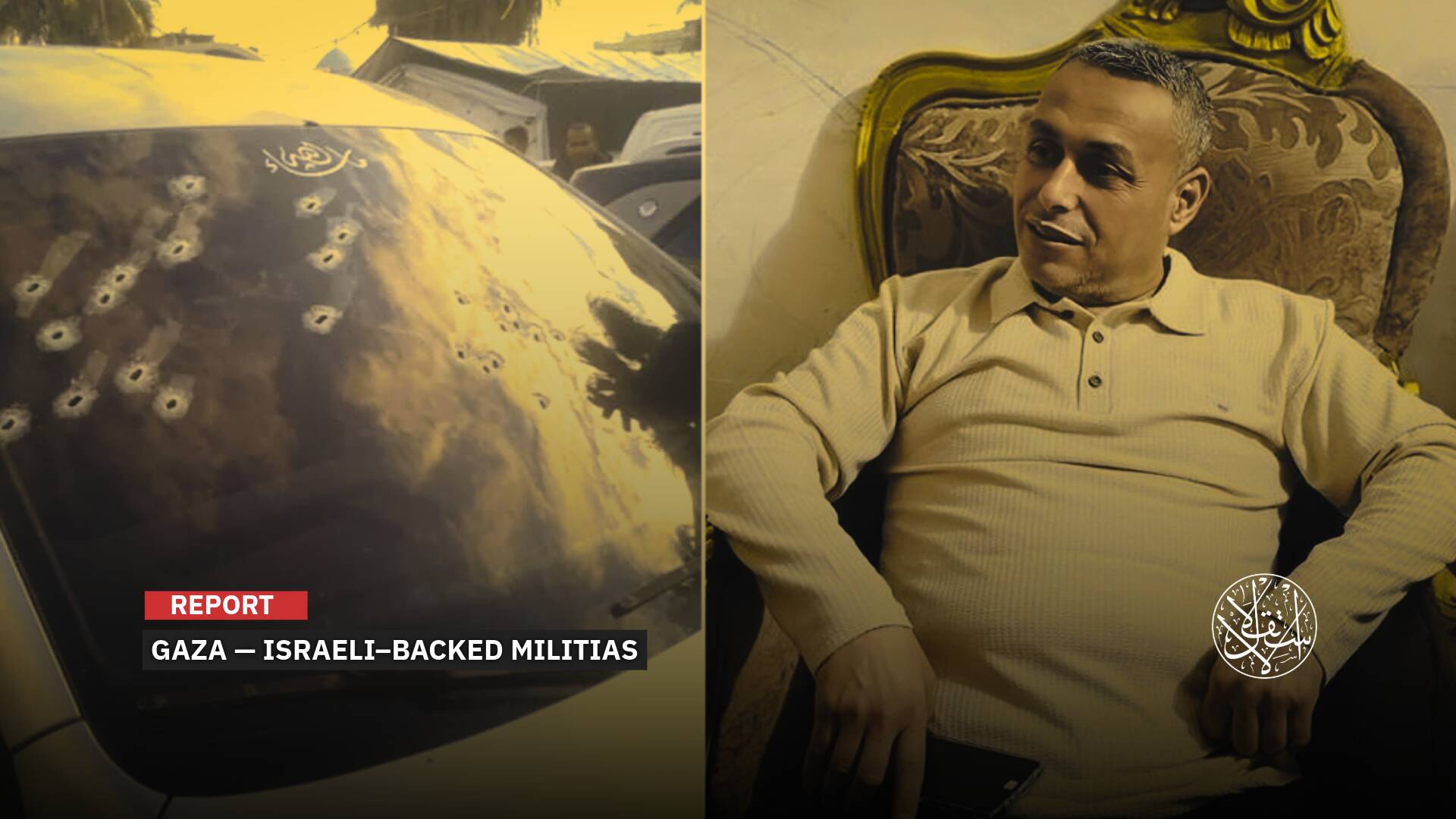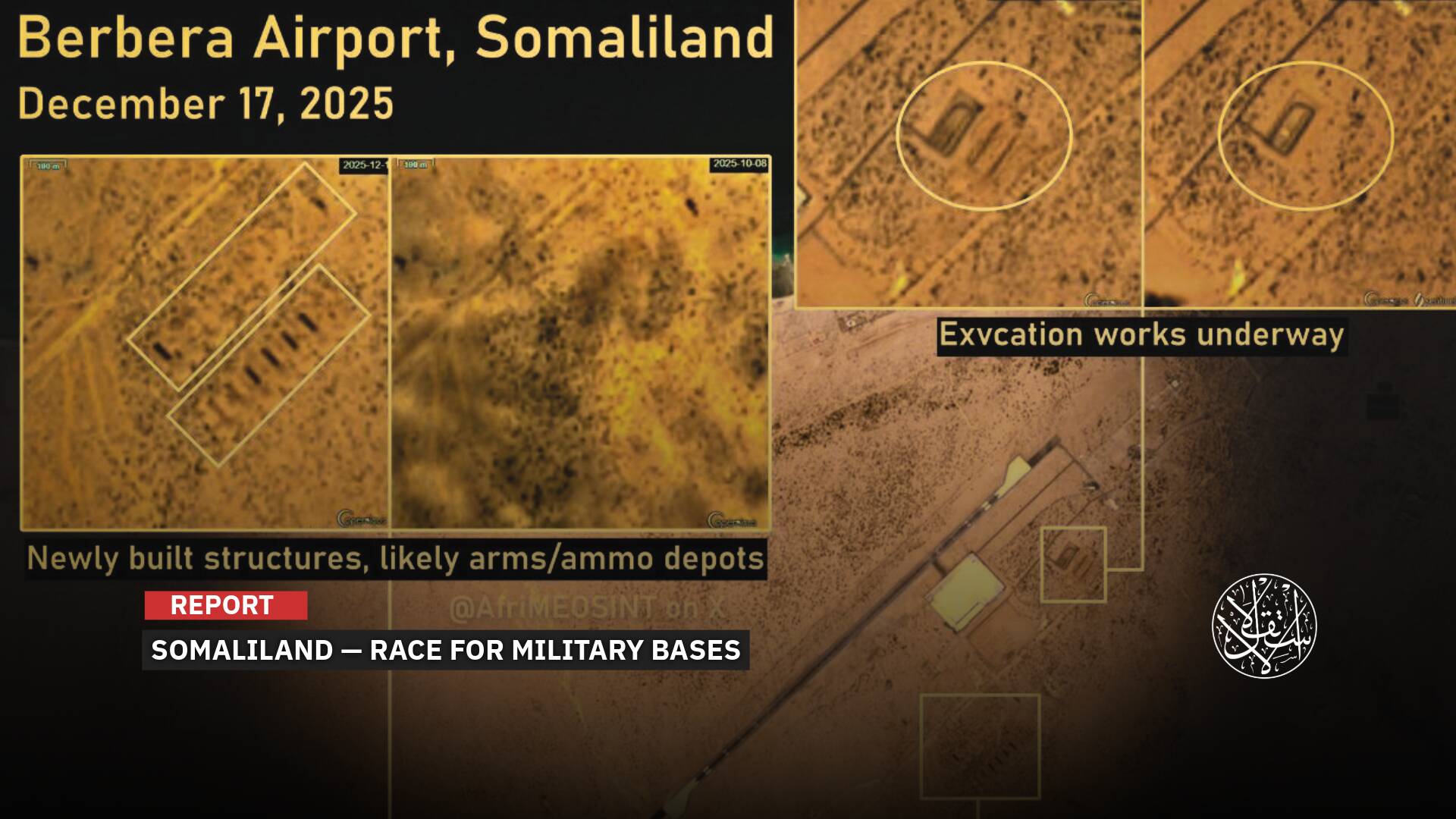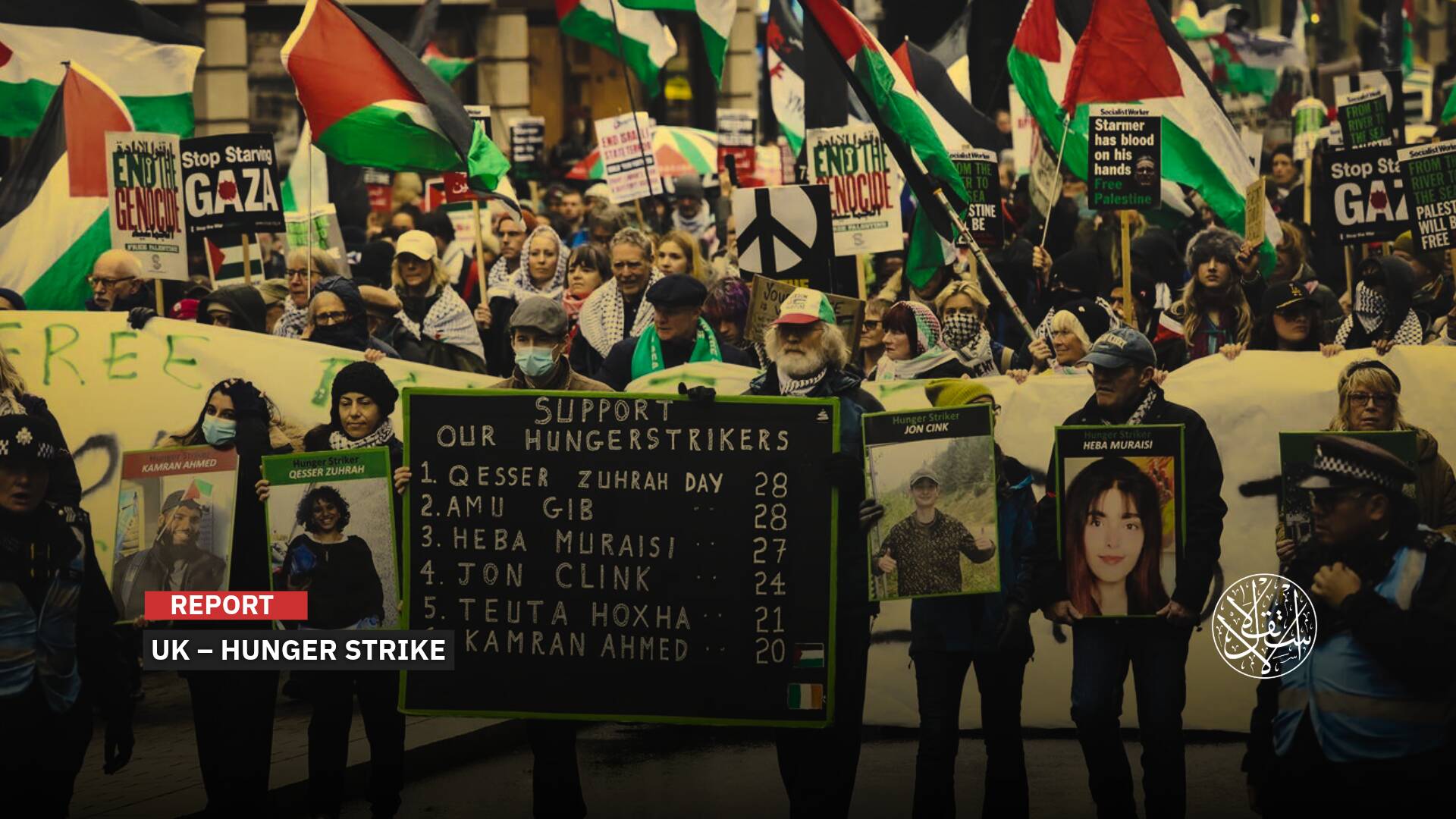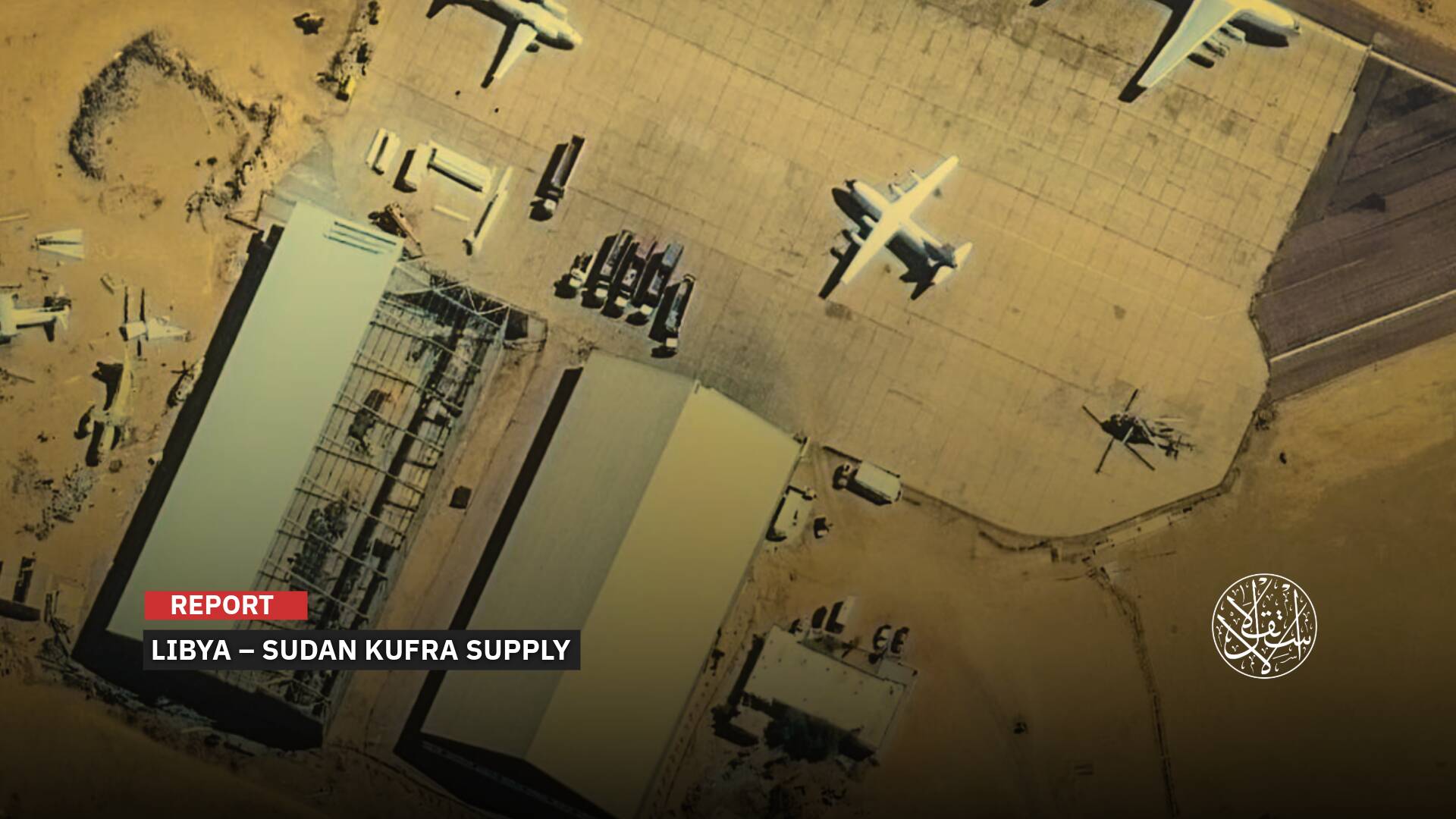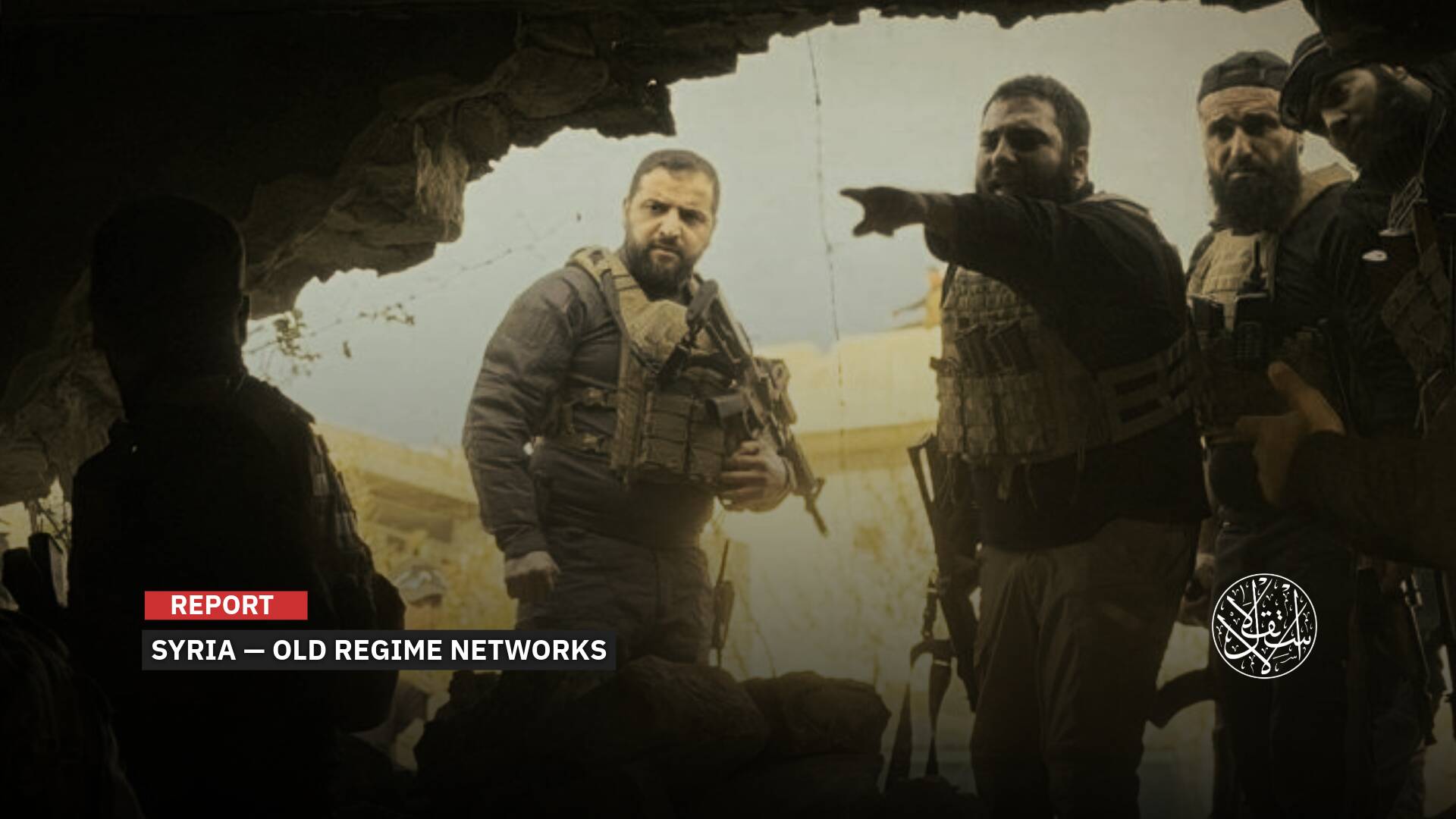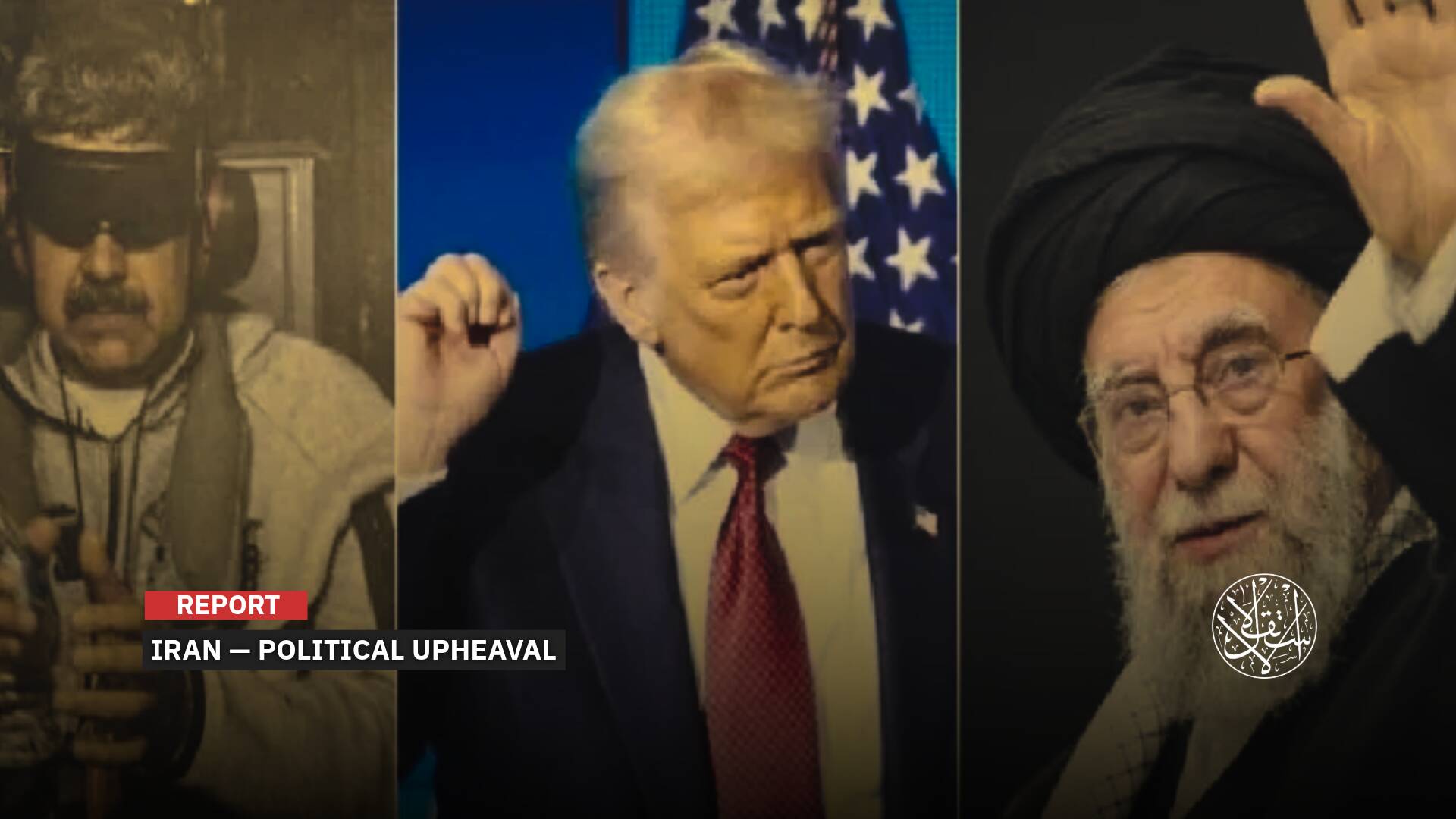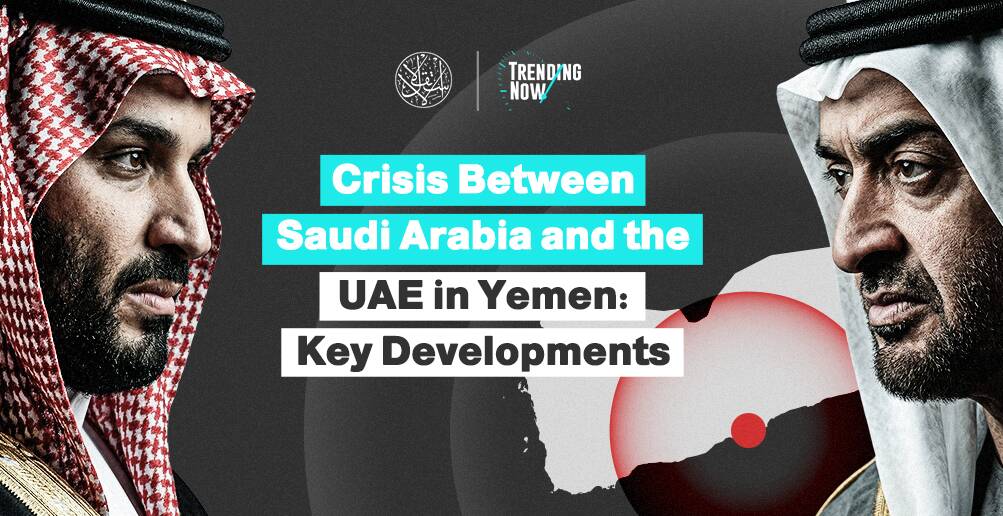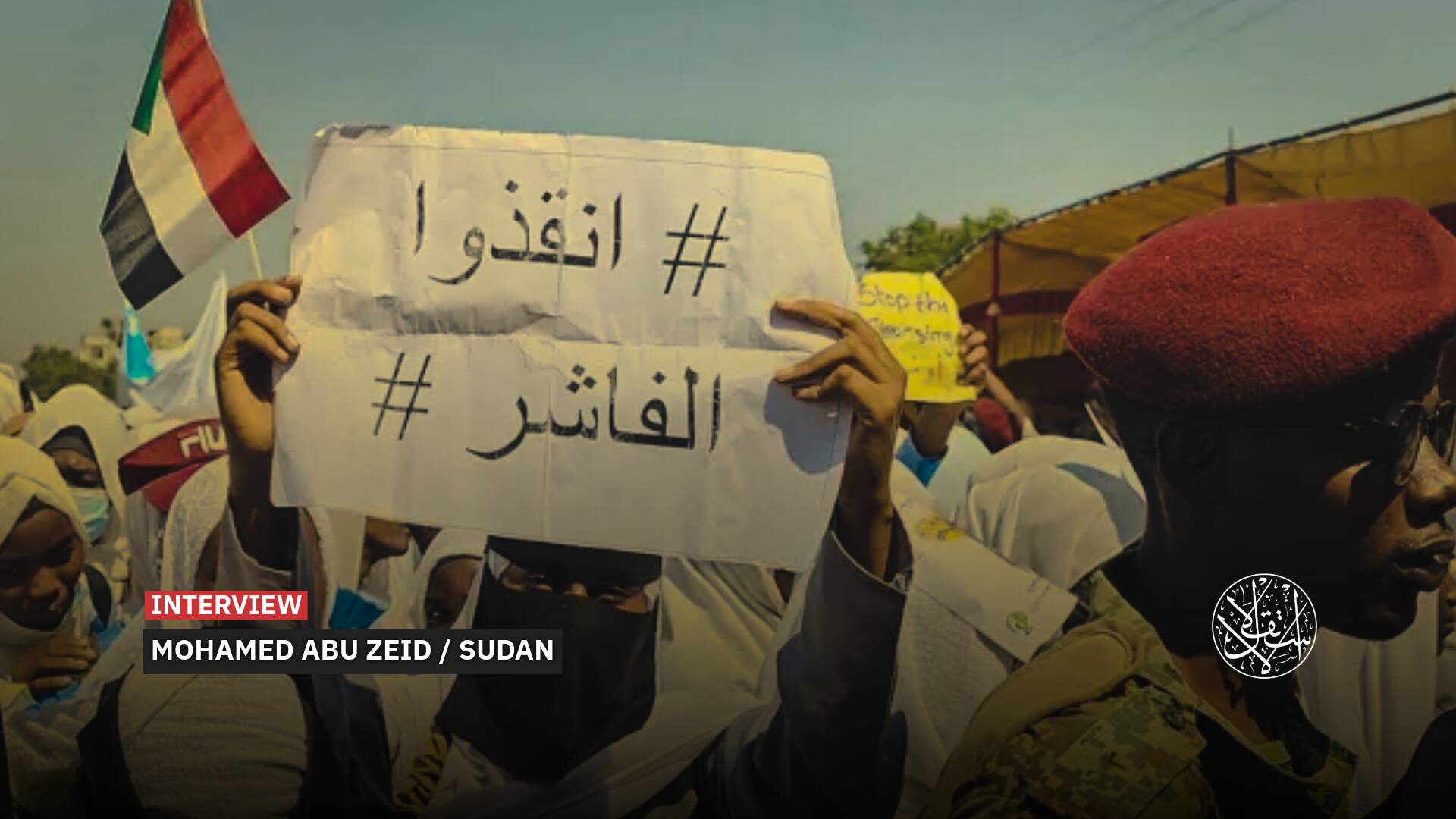G20 Summit: How President Erdogan Showcased His Influence on World Leaders

During the 18th G20 Summit in India on September 9 and 10, 2023, the resounding international prominence of Turkish President Recep Tayyip Erdogan took center stage.
The summit witnessed notable events, as the world’s twenty most advanced countries gathered under the theme One Earth, One Family, One Future, accompanied by an official welcoming ceremony.
Strengthening Relations
As part of his bilateral meetings during the summit, Erdogan met with Saudi Crown Prince Mohammed bin Salman.
During the meeting, they discussed the bilateral relations between Turkiye and the Kingdom of Saudi Arabia, as well as regional and international issues.
Erdogan also met with the head of the Egyptian regime, Abdel Fattah el-Sisi, later on, as part of the normalization process in their relations, which had deteriorated due to the latter’s coup against the late President Mohamed Morsi in July 2013.
Despite the coup, the relations were never completely severed, maintaining a business level with strong economic cooperation continuing.
Egyptian–Turkish relations remained unchanged until a positive shift appeared on the horizon, with Egypt and Turkiye conducting multiple rounds of exploratory talks in May and September 2021.

Regarding his meeting with Sisi, Erdogan told reporters that “they invited us to Egypt, and we told them we are waiting for them in Turkiye,” indicating that the relevant ministers and intelligence chiefs from both sides will work on scheduling the visit.
He added, “We will work to increase our trade with Egypt and revive the High-Level Strategic Cooperation Council.
“We can improve our relations with Egypt better than before and achieve positive outcomes in many regional issues, especially the Syrian crisis.”
The official spokesperson for the Egyptian regime also confirmed in a statement that Erdogan and Sisi expressed their intention to enhance regional cooperation within the framework of shared interests, contributing to the preservation of security and stability in the Eastern Mediterranean.
Former Admiral Cihat Yayci, in a statement to Al-Estiklal, noted that “the mutual ambassadorial appointments in July 2023, prior to the meeting, were an indicator that relations would gain a new positive dimension.”
Yayci emphasized the significant importance of the statement made by Cairo in this context.
According to his point of view, it seems that the Egyptian side is also open to developing a diplomatic and strategic perspective regarding regional developments with Turkiye.

For this reason, Turkiye should present a maritime boundary agreement with Egypt through the relevant channels, and they must clarify through maps that Cairo will get more than what the duo, Greece and Greek Cyprus, are offering, so that an agreement can be reached together.
Yayci continued, “As shown on the map, Egypt lost 21,500 square kilometers of its legitimate territory to Greece and the Greek Cypriot administration in southern Cyprus.”
Once again, it is evident that by realizing the situation as soon as possible, Egypt can make an agreement with Turkiye and regain the lost maritime jurisdiction equivalent to the size of two Cyprus islands, nullifying the so-called Seville Map, he said.
Yayci believes that improving Turkiye’s relations with Egypt and other countries in the region means breaking Ankara’s isolation and blockade.
Improving relations with Egypt, “Israel,” and Syria aims to protect Turkiye’s islands, maritime jurisdiction, and territories, according to his assessment.
“In short, Egypt can gain a much larger maritime area if it signs a boundary agreement with Turkiye, in line with the principles of international law.”
He emphasized that “Egypt’s and Turkiye’s rights and interests converge at the same point, and it is important and necessary for the two countries, which have the longest coastlines in the Eastern Mediterranean, to reach an agreement.”
In this way, the two countries will have maritime jurisdiction along their borders and, consequently, obtain the energy resources they deserve.
He added, affirming, “Turkiye and Egypt will be effective forces in the Eastern Mediterranean and the global energy market thanks to their good relations and cooperation.”
The Main Format of the Conflict
While diplomacy is a desirable option for effectiveness in ending conflicts in various places, the prohibition of discussing the use of nuclear weapons has created a new paradigm.
The two points emphasized in the final declaration reveal what can be done in the near future, with Turkiye playing a significant role in this regard.
Erdogan’s mediation in the Russian–Ukrainian war and the reorganization of the grain passage are options for achieving tranquility in the region.
In a statement on board the plane after the summit, Erdogan said, “The Western countries should know that Turkiye is the only country trying to prevent the food crisis. We will make an effort to reopen the passage. This statement once again reveals the crucial role played by Ankara.
Yayci also said to Al-Estiklal, “The statement emphasized the need to resolve conflicts peacefully. Will this have a positive impact on the region?”
He responded, “Such focus is positive and appropriate. Unfortunately, from a political and realistic perspective, this emphasis goes no further than mere wishful thinking because the declaration did not even mention that Russia must retreat to invade Ukraine, nor did it request that the parties stop this conflict.”
He added, “The G20 declaration that conflicts must be resolved peacefully is nothing more than an expression of wishful thinking. In any case, there cannot be a desire to resolve conflicts through non-peaceful means.”
In this regard, Mahmut Sahin, the deputy chairman of the Turkish Free Cause Party (HUDA PAR), made statements about Erdogan’s efforts, noting that “condemning the burning of holy books at the G20 summit has become possible thanks to the efforts made by Turkiye.
“Lately, there have been despicable attacks against our holy book, the Quran, all over Europe, especially in Sweden. These are not just attacks by reckless individuals but are happening under police supervision and with the approval of the court.”
Sahin explained that Turkiye expressed its reaction to this issue through diplomatic channels, noting that Ankara used its veto right to suspend Sweden’s NATO membership.
He added, “It is a positive step that the final declaration of the G20 includes a statement condemning attacks on holy books due to Erdogan’s initiatives and efforts.”
Sahin stressed that “steps should be taken forward in this matter, and criminal sanctions should be imposed until such attacks stop. Such efforts and initiatives should continue.”
In a separate issue, given the increasing danger of nuclear weapons use and the continuation of conflicts, the final declaration on the first day of the summit stated that their use or threat is unacceptable.
Yayci explains that this statement alone cannot prevent new conflicts, and the steps and mutual relations between the Western world and the Russian–Chinese bloc will be decisive in this matter.
He emphasizes that “all wars are catastrophic, but the use of nuclear weapons will lead to greater disasters for humanity and the world.”


